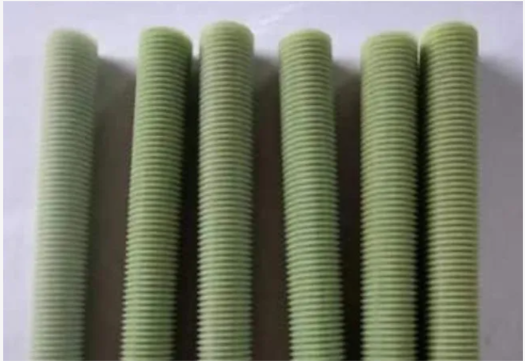Importance of FRP Fasteners in Modern Construction

FRP (Fiber Reinforced Polymer) fasteners have become an essential part of modern construction due to their lightweight, high strength, and corrosion-resistant properties. These fasteners are used extensively in various sectors, such as aerospace, automotive, and civil engineering. Their ability to withstand harsh environmental conditions makes them ideal for applications in industries where durability and reliability are critical. In comparison to traditional materials like steel, FRP fasteners provide long-term solutions with reduced maintenance requirements.
Benefits of Using FRP Fasteners in Various Industries
The use of FRP fasteners offers numerous advantages in multiple industries. They are not only lightweight but also provide superior strength-to-weight ratios compared to conventional fasteners. This makes them highly suitable for applications that require both structural integrity and minimal weight. Additionally, FRP fasteners are non-corrosive, ensuring they last longer in extreme conditions like high humidity, saltwater, and chemicals. This property extends the lifespan of the structures, reducing maintenance costs and improving safety in the long run.
Corrosion Resistance and Longevity of FRP Fasteners
One of the standout features of FRP fasteners is their remarkable resistance to corrosion. Unlike metal fasteners, which are prone to rust and degradation over time, FRP fasteners remain unaffected by moisture, salts, and chemicals. This is particularly beneficial in marine environments or industries dealing with harsh chemicals, where traditional fasteners would require frequent replacement. The corrosion resistance of FRP fasteners ensures the integrity of structures for many years, even in the most demanding environments.
Customization and Versatility of FRP Fasteners
FRP fasteners are highly customizable, offering flexibility in design to meet specific requirements. These fasteners can be molded into various shapes and sizes, making them ideal for specialized applications. Whether it’s for aerospace components, electrical systems, or construction, FRP fasteners can be tailored to fit the exact needs of the project. This versatility allows engineers and manufacturers to optimize designs while maintaining high performance and safety standards.
Environmental Impact and Sustainability of FRP Fasteners
In today’s world, sustainability is a key consideration in product development, and FRP fasteners play a significant role in reducing the environmental impact. Since FRP materials are non-metallic and recyclable, they contribute to a more sustainable construction process. Their lightweight nature also reduces the carbon footprint during transportation. By utilizing FRP fasteners, industries can move towards more eco-friendly practices while still benefiting from the durability and strength these materials provide.FRP Fastener